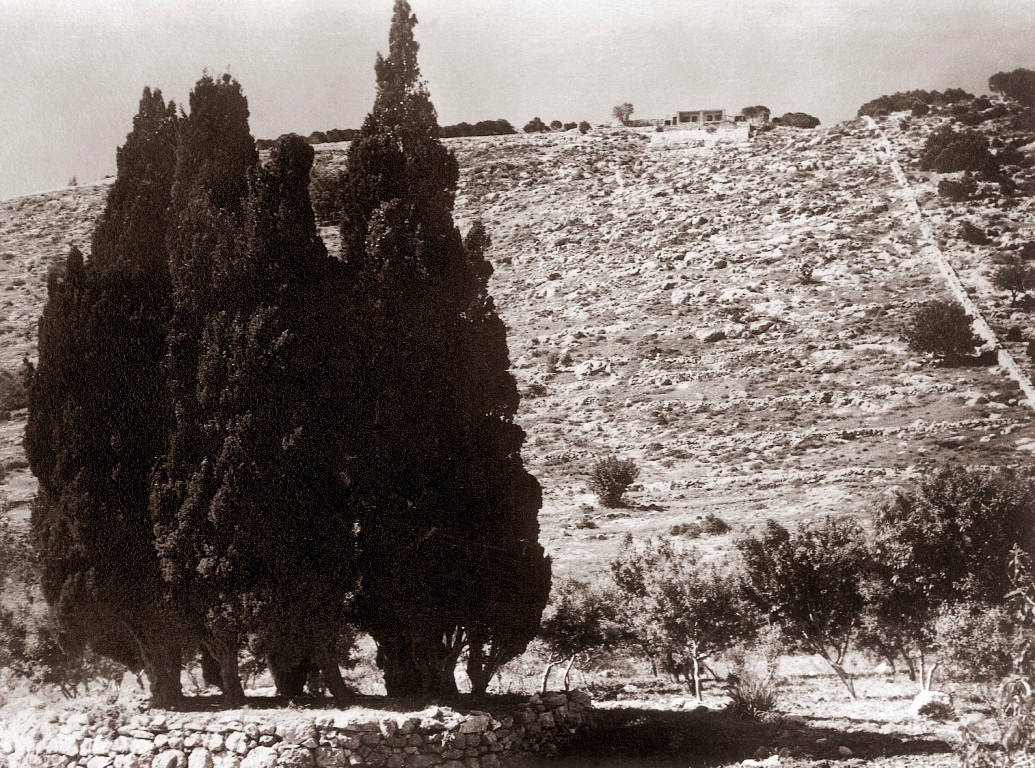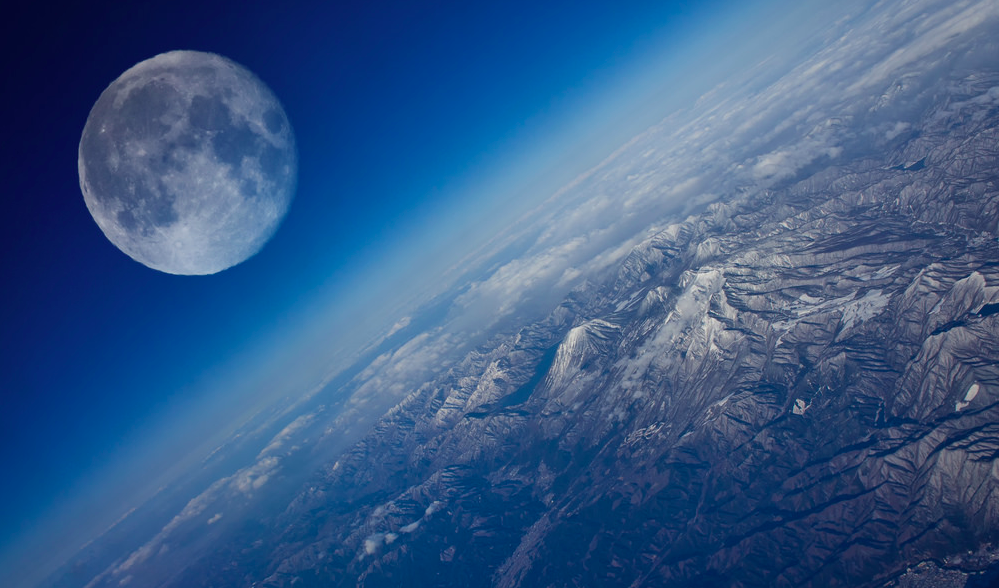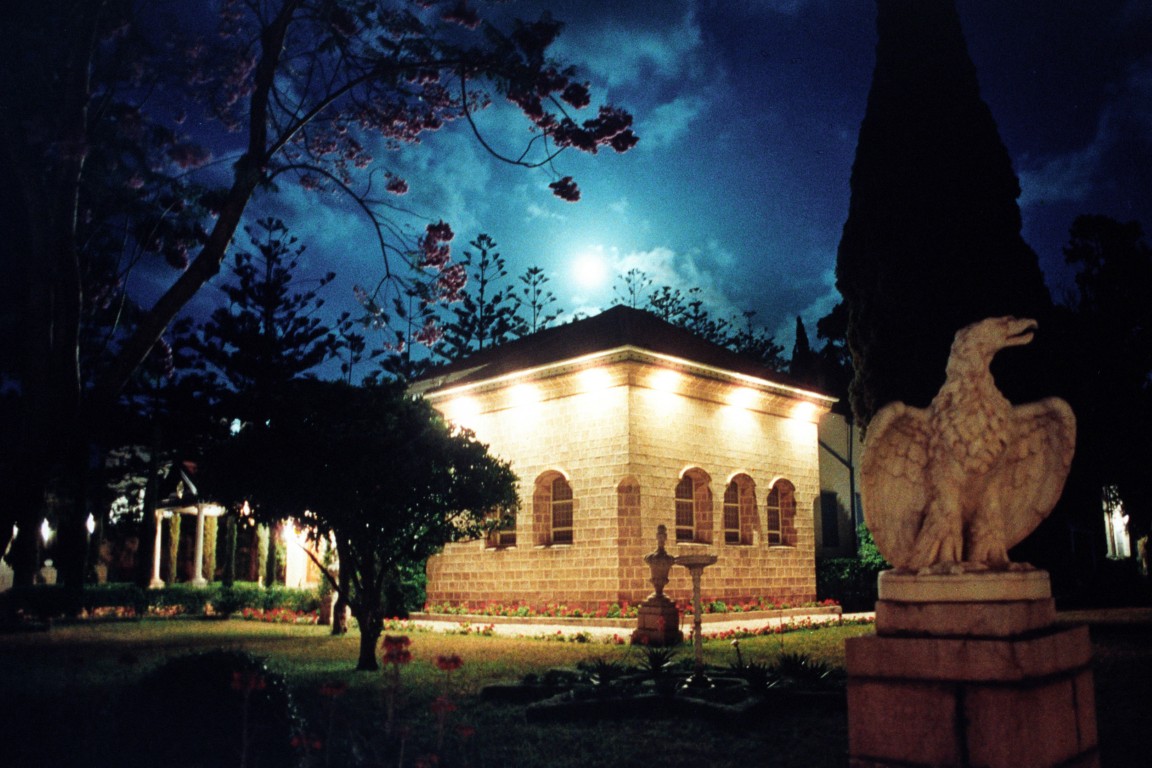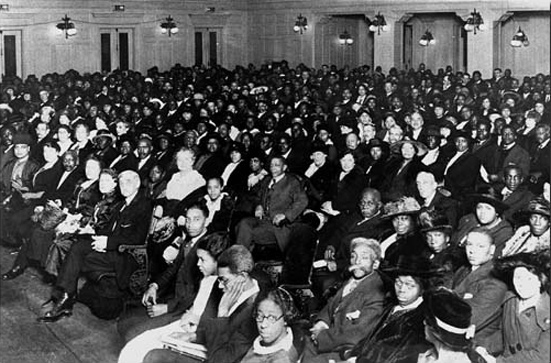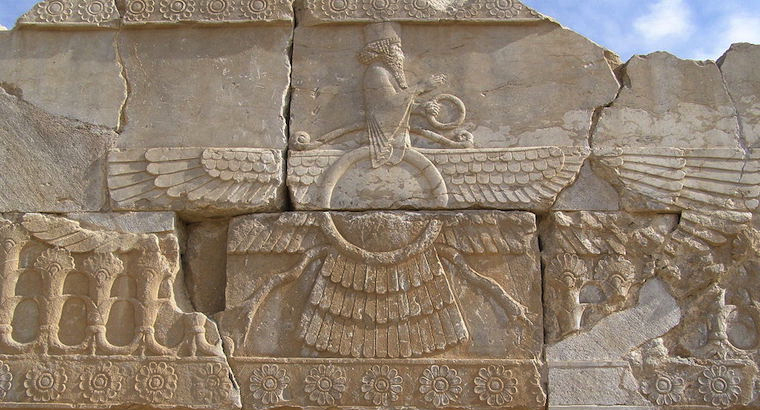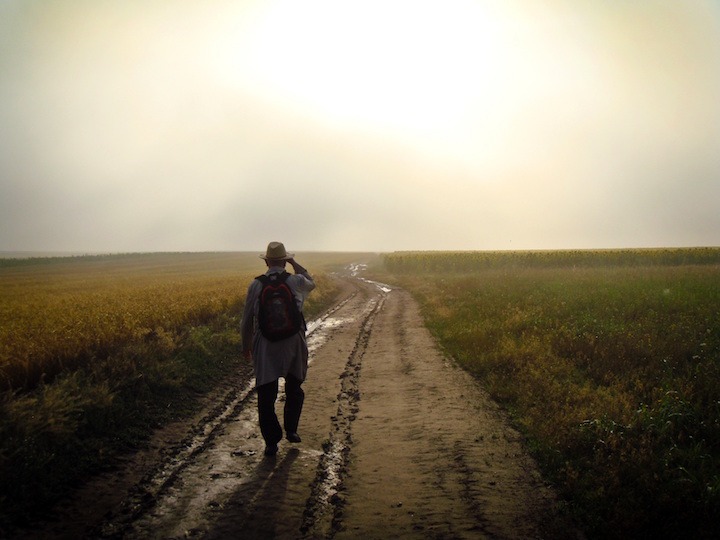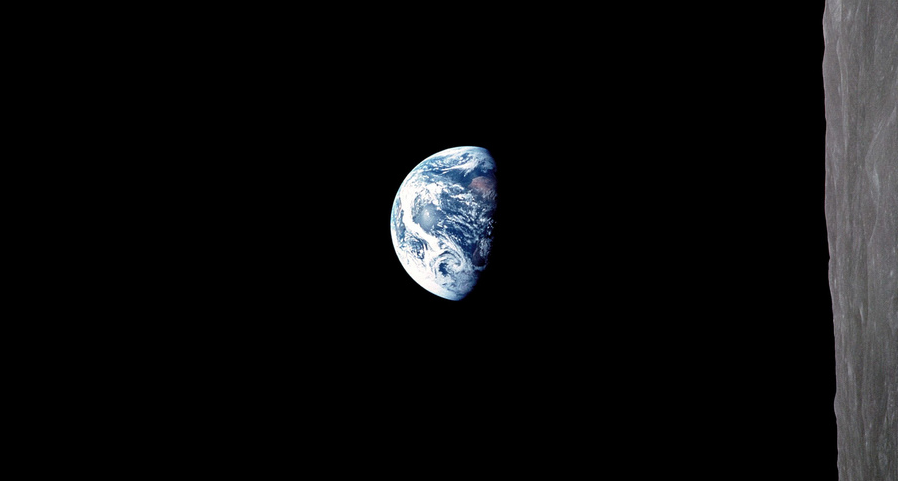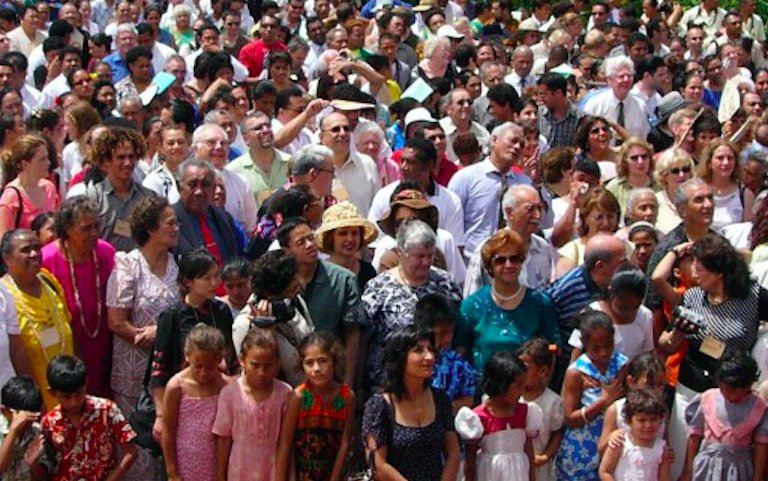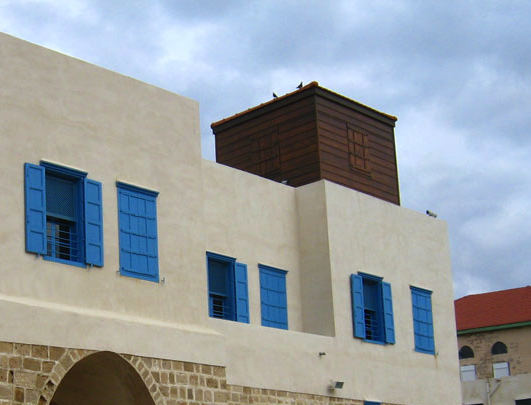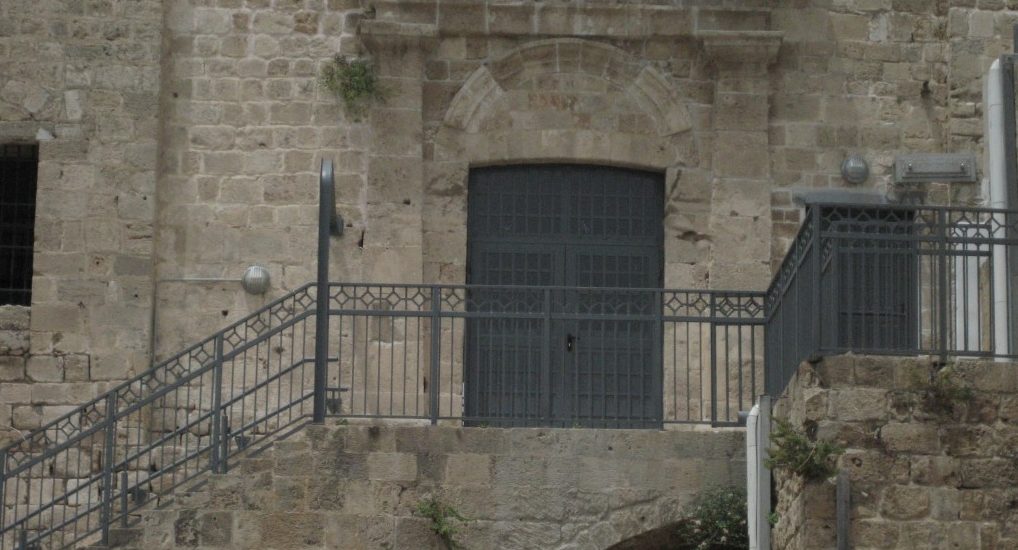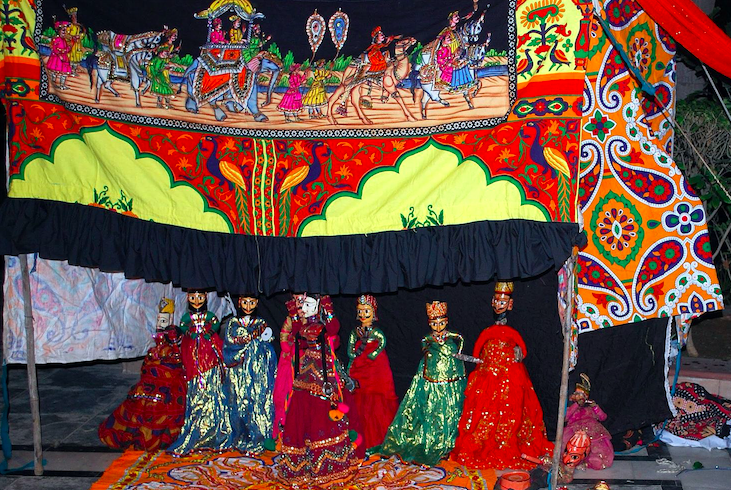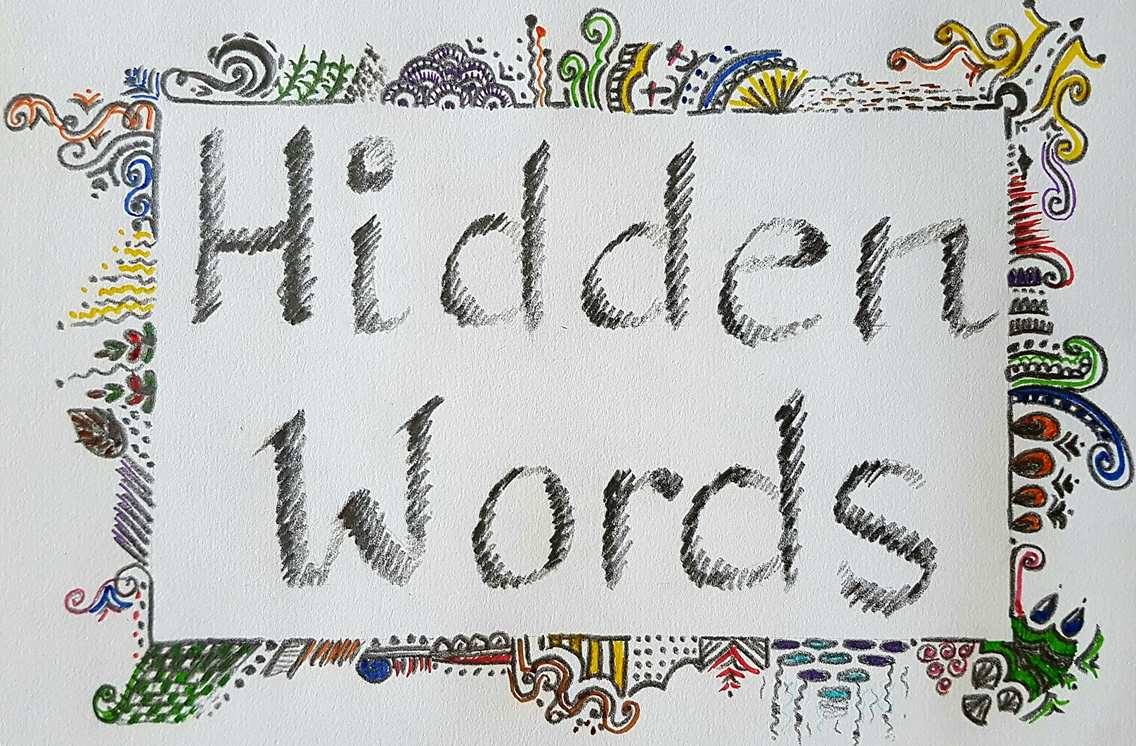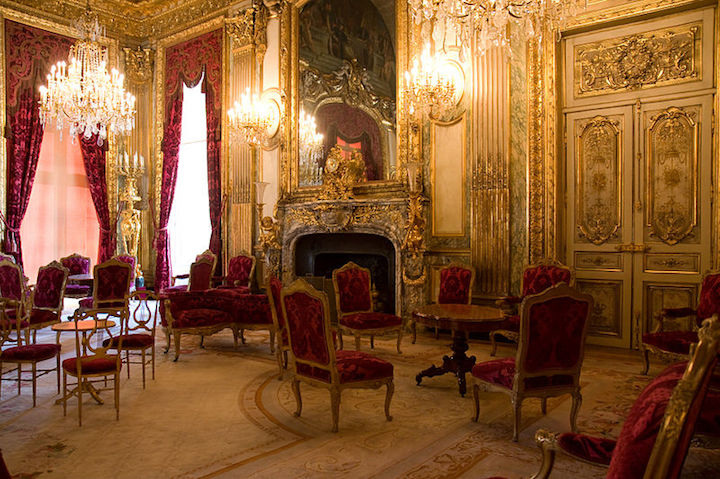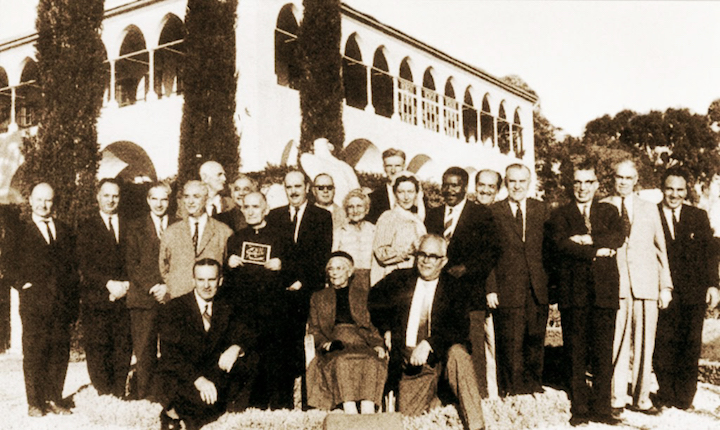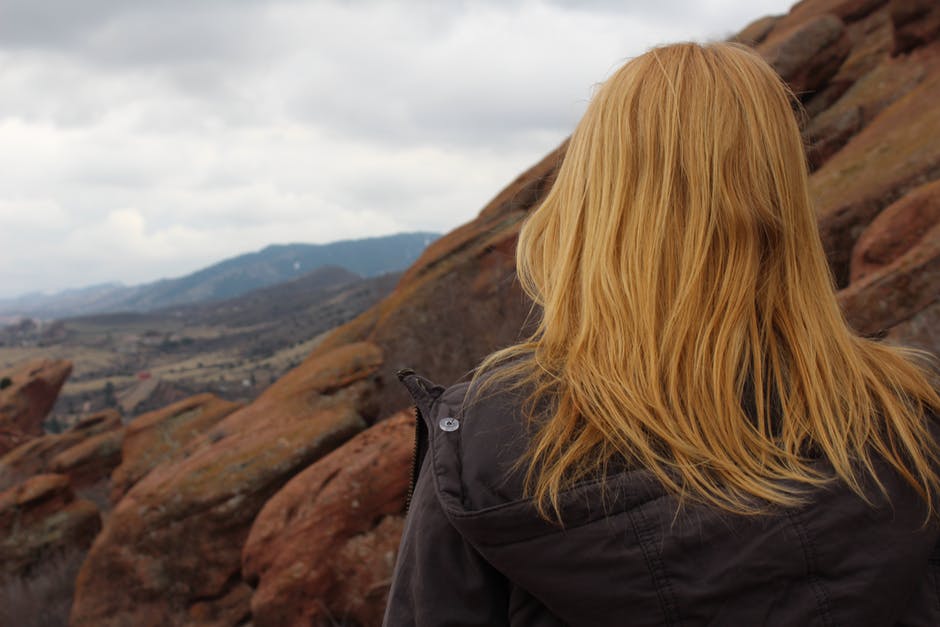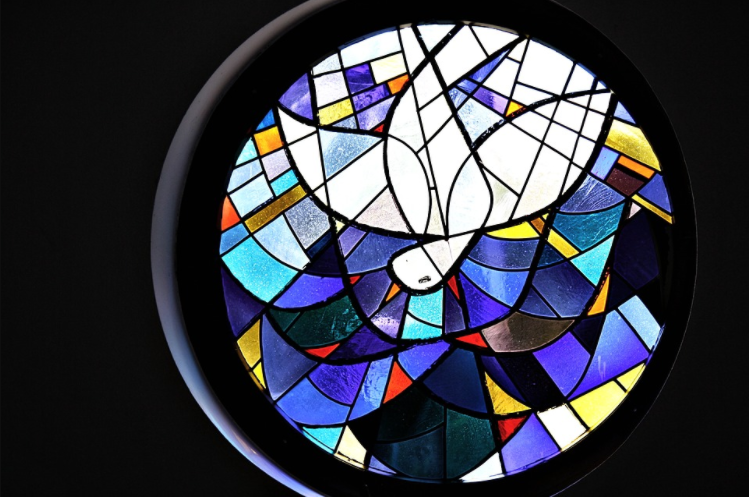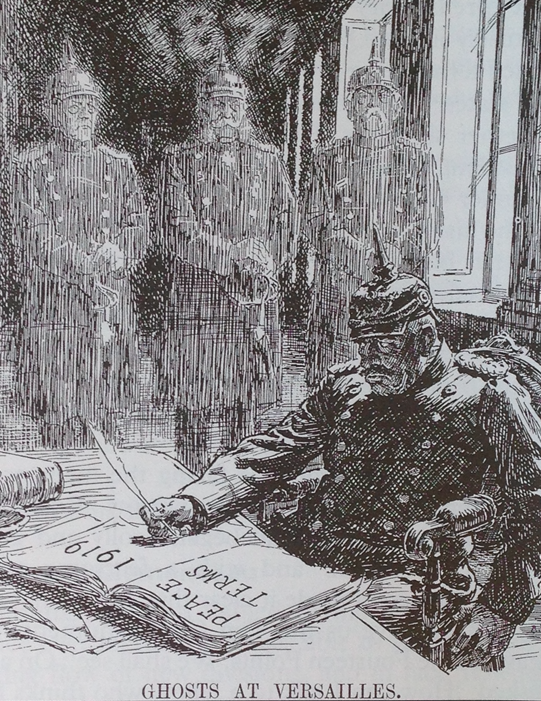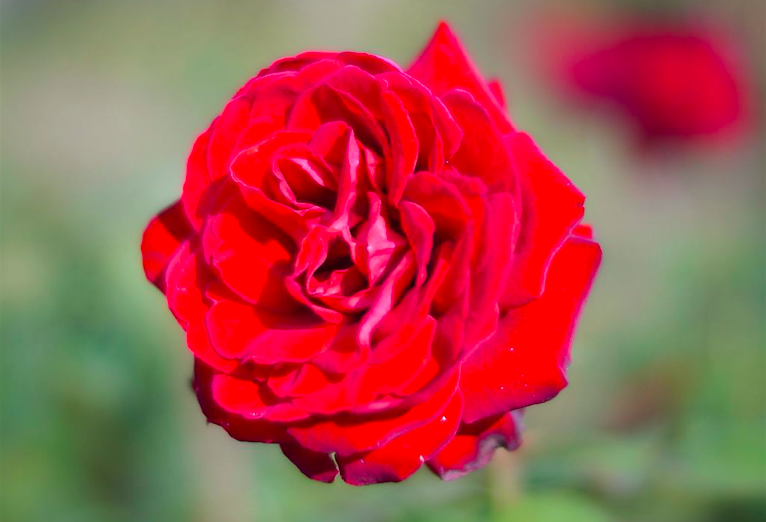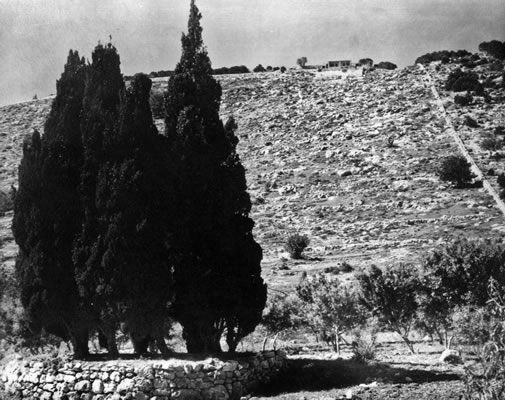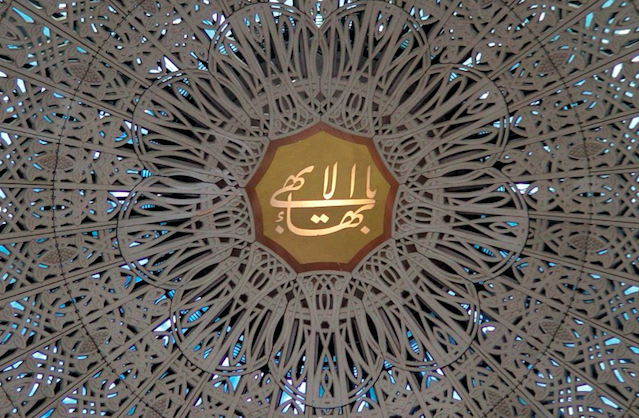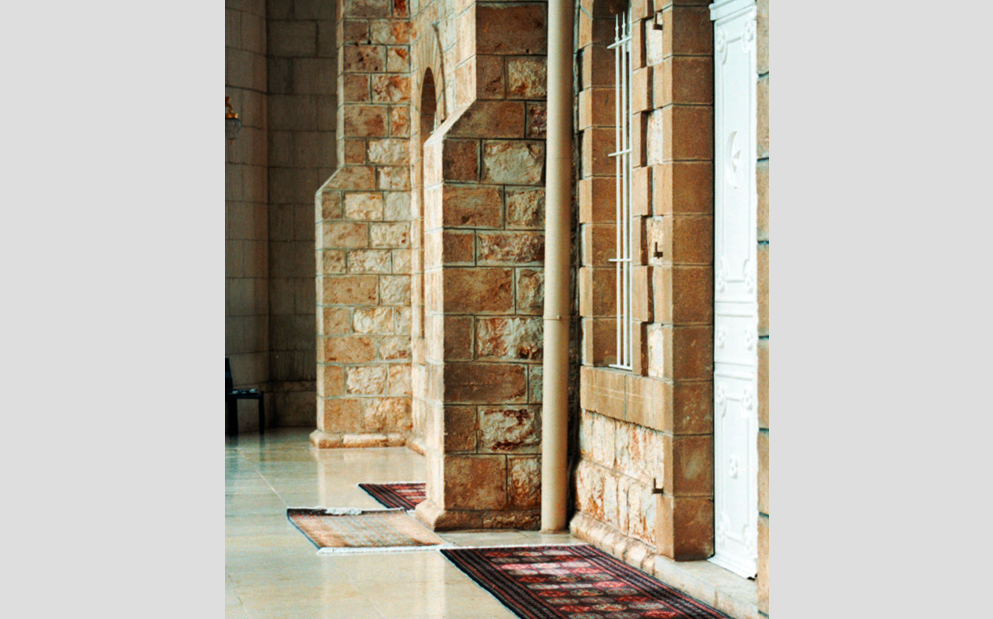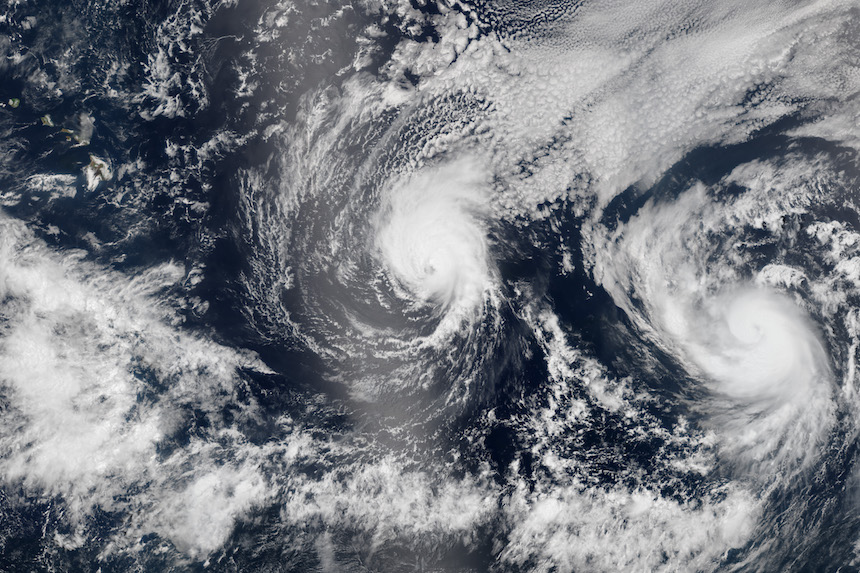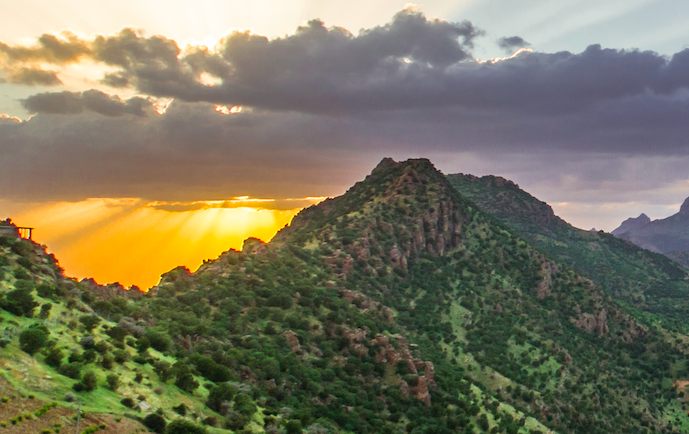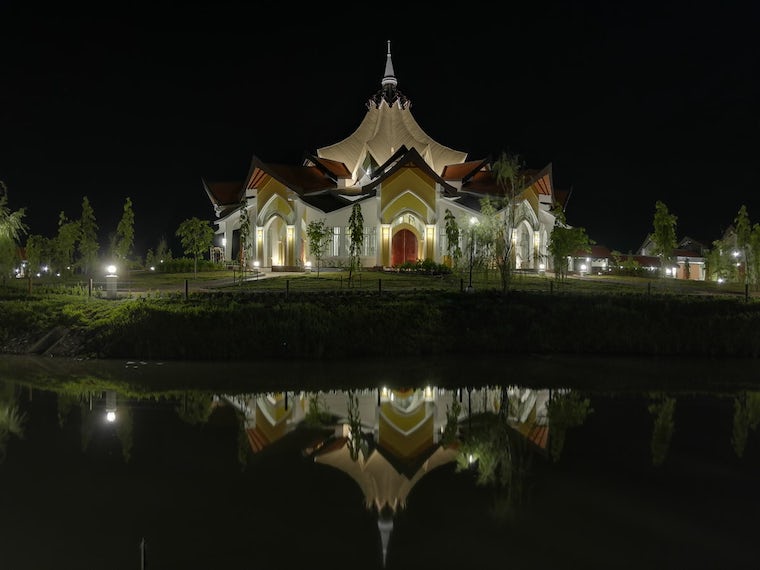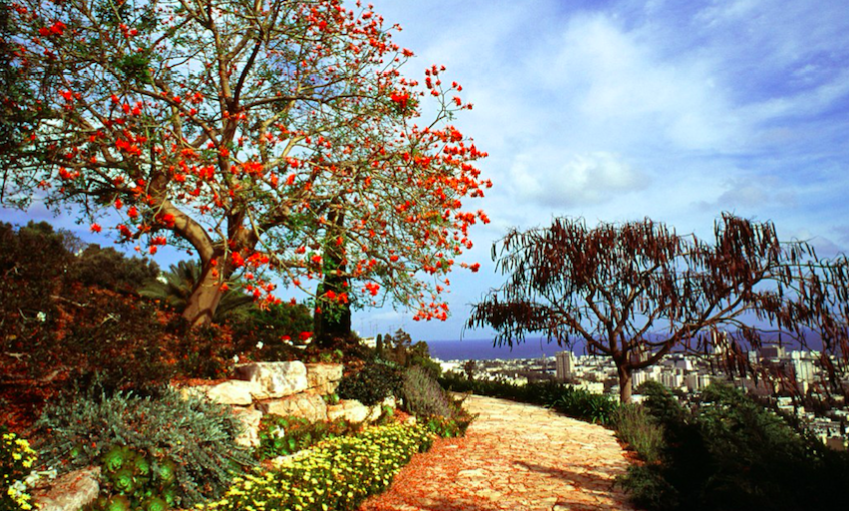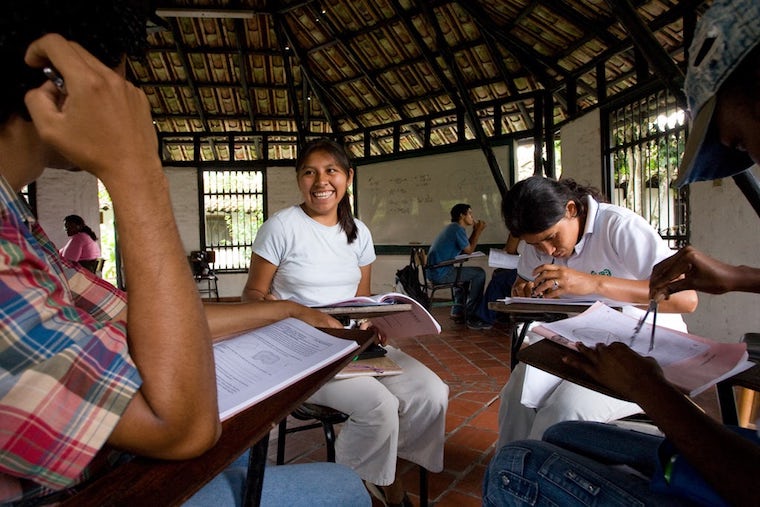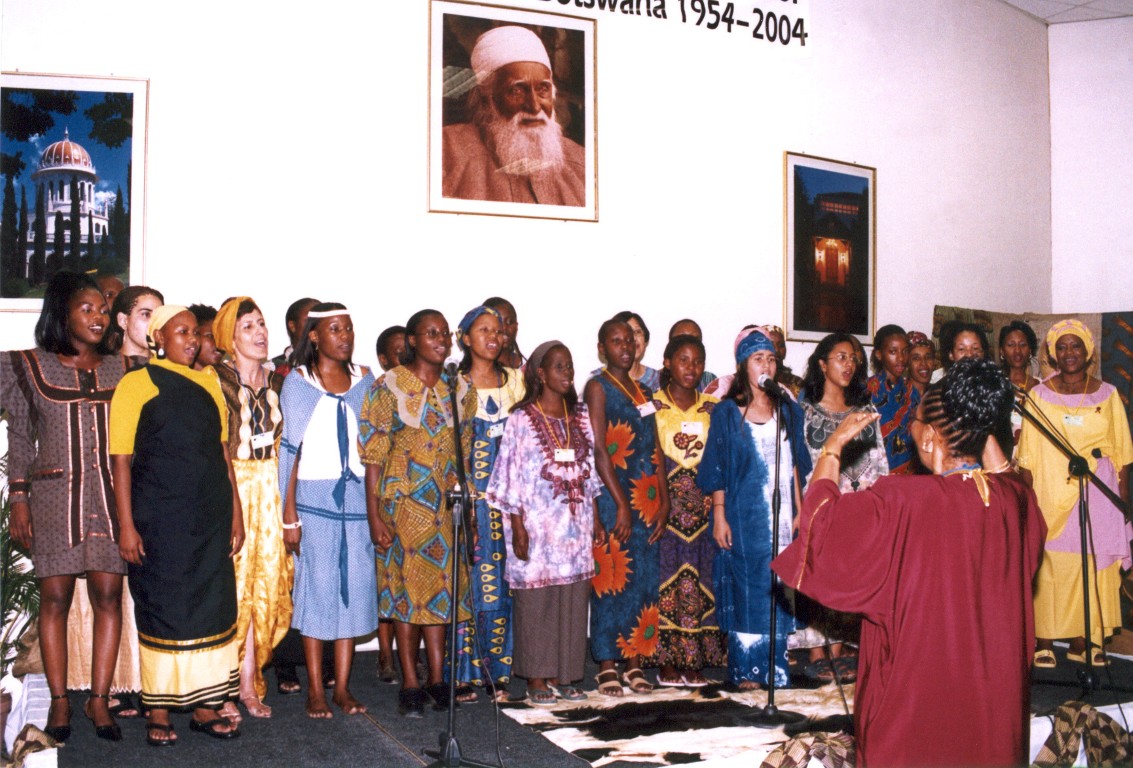-
How Bahá’u’lláh Came to Be in the Holy Land
It is a curious fact of history that it was the successive banishments of Bahá’u’lláh by the Ottoman Sultan, which finally led him to the prison city of Akka, that placed Bahá’u’lláh in the Holy Land. I don’t need to explain where the Holy Land is because the reference is so well known. Judaism, Christianity and Islam all hold the land sacred, as does the Baha’i Faith. For a good proportion of the world the Holy Land is a spiritual heartland. This was the land where the Prophet Isaiah had prophesied, In the last days the mountain of the Lord’s temple will be established as the highest of the mountains; it…
-
We are One – Overcoming Racism: Part 2
As introduced in yesterday’s article, racism is entirely incompatible with Bahá’u’lláh’s teachings. Close your eyes to racial differences, and welcome all with the light of oneness.[1] As Westerners began to join the Baha’i Faith early in the 1900s, it was clear that racism would need to be addressed, and ‘Abdu’l-Bahá, Bahá’u’lláh’s eldest son, set out to do so. Indeed ‘Abdu’l-Bahá began this work from the earliest visits of Western pilgrims who came to see him in the early 1900s to learn about Bahá’u’lláh’s teachings. In 1911 he invited Louis Gregory, an African American lawyer, to visit him. The pilgrimage not only had a profoundly transformative spiritual impact on Gregory but provided opportunities for ‘Abdu’l-Bahá to stress…
-
We are One – Overcoming Racism: Part 1
While Bahá’u’lláh, a persecuted prisoner of the Ottoman Sultan, was promulgating his universal teachings of the oneness of humanity, wholly different and toxic doctrines were taking hold in Western thought. Racism was emerging as scientific and intellectual orthodoxy and was to reach its horrific nadir in the holocaust of World War II. Europeans held dominance over their fellow human beings as colonial powers – a dominance often misused. A strict racial segregation and hierarchy was the reality of race relations in America. The flowering of European material culture seduced many in the West with the false idea of inherent “white” superiority. Racism is entirely at odds with Bahá’u’lláh’s teachings and the intent and meaning…
-
Mystic Gems – the Hidden Words of Bahá’u’lláh
Among the most well-known works of Bahá’u’lláh are the Hidden Words. They are written in brief “gem-like utterances”,[1] 71 in Arabic and 82 in Persian. They are at once of crystalline clarity and yet impenetrable in their allusion to a spiritual reality beyond our day-to-day experience. The Hidden Words are among the works which Bahá’u’lláh wrote in the voice of the “truth-seeker and mystic”.[2] They were written in 1857–58 and were the fruit of Bahá’u’lláh’s meditations while walking the banks of the Tigris River in Baghdad. Bahá’u’lláh introduces them as follows: This is that which hath descended from the Realm of Glory, uttered by the tongue of power and might, and revealed unto the…
-
A Mountain of Roses: The Ridvan Festival
The second exile of Bahá’u’lláh by the Sultan of the Ottoman Empire, this time from Baghdad to Constantinople, is not remembered as a time of sorrow. It is remembered as a time of joy. For this time, in April 1863, marks the time when Bahá’u’lláh declared his mission to his closest friends and followers. For nearly 10 years, Bahá’u’lláh had restored the remnant followers of the Bab in Baghdad. He was a figure to which the community had naturally turned. As his fame grew, an increasing stream of visitors had come to his door, some travelling from Persia, including some high-ranking members of the Persian court. Writings such as the Hidden Words, the…
-
Prophet and Seer
Is it possible to see the future? All of us can predict the future to a small degree, simply on the basis of past experience. Yet the idea that someone could see events far into the future raises scepticism. It is outside our common experience. Some of us have subjective experiences of deja vu (a feeling we have seen some event before) or dreams which we see realised sometime in the future. Bahá’u’lláh writes of this phenomenon. Behold how the dream thou hast dreamed is, after the lapse of many years, reenacted before thine eyes. Consider how strange is the mystery of the world that appeareth to thee in thy dream.[1] An instance…
-
The Oneness of Religion
The oneness of religion is a core principle of Bahá’u’lláh’s teachings. The following is an incomplete introduction. The principle is perhaps also one of the most widely misunderstood of Bahá’u’lláh’s teachings. In one form, the misunderstanding is that it involves in some sense “combining” different religions or taking elements from different religions to create a new religion. This is not at all the meaning of oneness of religion. It is easier perhaps to understand the concept if we think of the term “religion” in the phrase “oneness of religion” as not referring so much to individual religions (such as Judaism, Christianity, Hinduism, Buddhism, Islam, or the Baha’i Faith) as to the phenomenon of religion as…
-
Bahá’u’lláh in Kurdistan: The Holy Man on the Mountain
For two years, Bahá’u’lláh’s whereabouts were unknown to his friends and family. After their arrival in Baghdad, the dispirited remnants of the followers of the Bab began to gravitate towards Bahá’u’lláh as he worked to restore their spirits. His rising prestige and influence began to excite envy and disunity. Bahá’u’lláh’s response to this situation was to absent himself entirely from human company. In April 1854 he left. In the early days of Our arrival in this land, when We discerned the signs of impending events, We decided, ere they happened, to retire. We betook Ourselves to the wilderness, and there, separated and alone, led for two years a life of complete solitude. From…
-
As Mild As Milk – The Human Power of Speech
We live in a time where increasingly shouting down those who think differently than we do is the “normal” of public discourse. Words are bludgeons to be used to subdue and humiliate an opponent or win an argument. Truth is distorted or disregarded. Listening plays a marginal role in this verbal warfare, and the polarisation of society and heightened potential for conflict are frequent outcomes. Yet the power of speech (with its full implications of complexity, abstraction and grammar) is, as far as we know, a distinguishing characteristic of human beings. The tongue, Bahá’u’lláh, warns is a “smouldering fire” consuming “heart and soul”, “the effects of which last a century”.[1] It is…
